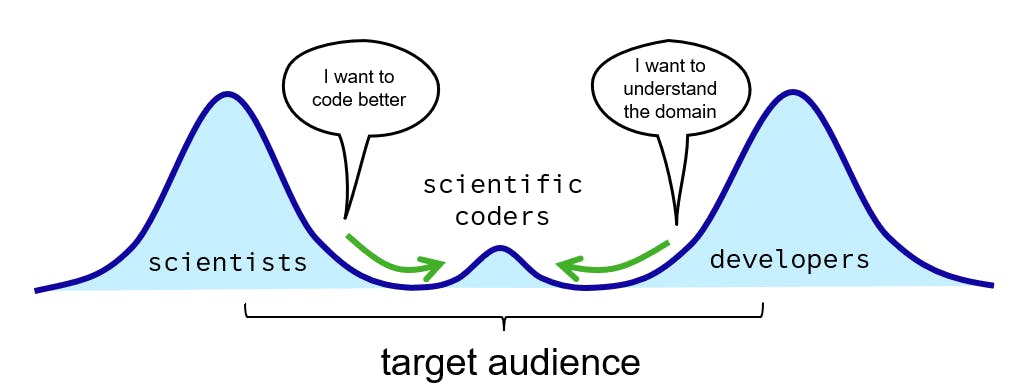Scholarly work and “small-digital” projects
In academia, “digital humanities” has become almost synonymous with big, grant-funded, multi-year projects. Some of these projects have succeeded in creating foundational resources for digital scholarship. (For one example, I’ll be posting here in the near future about some of my current work relying on one of those resources, the International Image Interoperability Framework, or IIIF.) But what I’ll call “small digital” work is essential if we hope to realize the potential of digital scholarship.
By “small digital,” I mean work with minimal technical prerequisites carried out by a small team or even an individual scholar that can be easily shared and replicated. “Small digital” is a natural fit for exploratory or experimental work, in contrast to the prior enumeration of “deliverables” that grant funding often requires. Large projects can be an effective way to deliver established material or services, but “small digital” mirrors the normal scholarly process, from forming hypotheses, through discovery, evaluation and correction.
Small digital also offers a comfortable home for scholars whose research includes writing code. While such scholars are not in principle excluded from large digital humanities projects, in practice multi-year grants often divide participants between technology specialists (programmers) and content specialists (“scholars”). And since university departments already have tenure-line positions for “scholars,” the technology specialists are frequently supported by fixed-term positions funded by soft money: far easier for a university to stretch its budget with the overhead charges of a grant than to create new tenure lines, and easier for many academic departments to hire in traditional roles than to evaluate candidates working with code in new ways. Talented scholars who write code can thus find themselves stuck on a treadmill of temporary positions that ultimately define their career arc more as “tech support” than “academic,” further institutionalizing the false dichotomy of coding and research.

The blogger Matthijs Cox discusses what he calls “the two-culture problem” in the natural sciences. Cox wants to support “scientific coders,” who work in between traditional categories of “scientists” and “developers”. The idea of a “two-culture problem” certainly applies equally well (and perhaps even better) to the humanities, where the division is often between scholars who write no code, and developers who implement only what the scholars direct. We could generalize Cox’s phrase to “scholarly coders,” whether in the natural sciences or the humanities. I would reverse adjective and noun, however: I think the broader category is more like “coding scholars” (that is, scholars who write code as part of their research: “scholars who code” might be an easier expression in English).
Most of the work I discuss on this site fits my definition of “small digital.” The purely technical barriers for coding scholars have never been lower, and thoughtful use of AI to write code may already be lowering the level of coding skills needed to work as a scholar writing code. Posts will include working examples of code as well as links to full sources. Like Matthijs Cox, I have found the Julia language to be especially apt for my scholarly work, and it would be wonderulf if, like Cox’s site, the examples I’m collecting here are useful to any other scholars who code. I hope that they will in any case illustrate how readily within reach “small digital” scholarship can be.
Footnotes
Matthijs Cox, “My Target Audience” ©2024 The Scientific Coder, https://scientificcoder.com/my-target-audience.↩︎
Citation
@online{smith2024,
author = {Smith, Neel},
title = {“{Small} Digital”},
date = {2024-10-28},
url = {https://neelsmith.quarto.pub/posts/2024-10-28-small-digital/},
langid = {en}
}